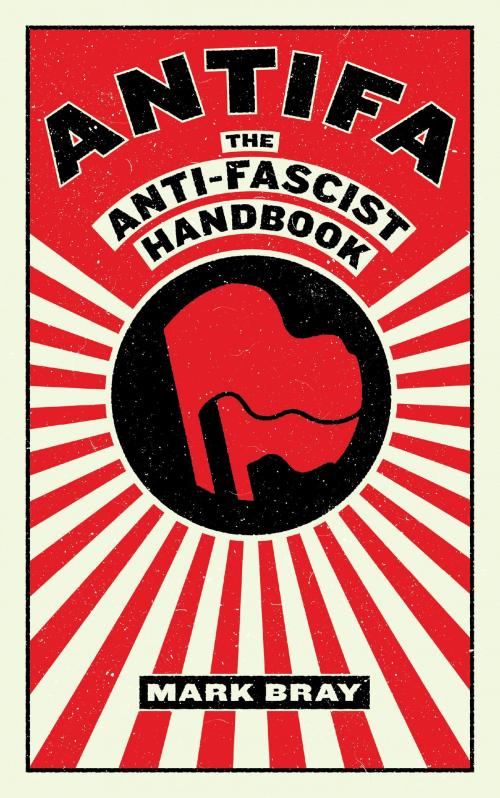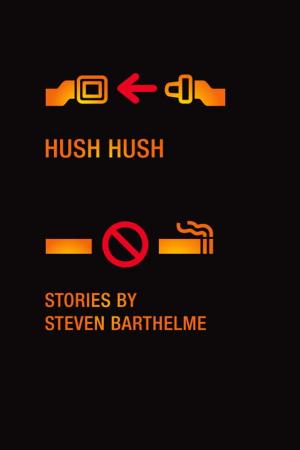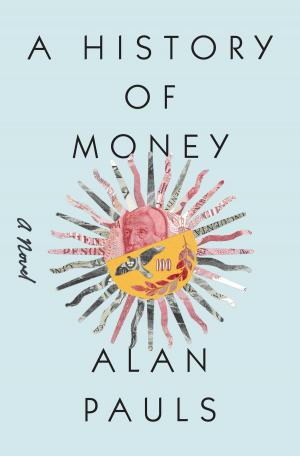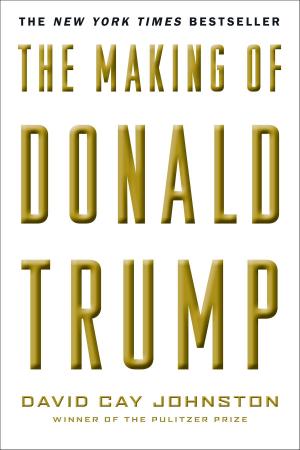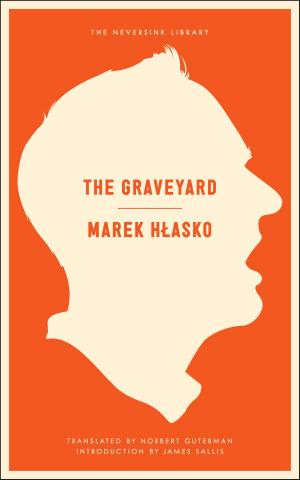Antifa
The Antifascist Handbook
Nonfiction, History, Western Europe, Social & Cultural Studies, Political Science, Social Science| Author: | Mark Bray | ISBN: | 9781612197043 |
| Publisher: | Melville House | Publication: | August 29, 2017 |
| Imprint: | Melville House | Language: | English |
| Author: | Mark Bray |
| ISBN: | 9781612197043 |
| Publisher: | Melville House |
| Publication: | August 29, 2017 |
| Imprint: | Melville House |
| Language: | English |
The National Bestseller
“Focused and persuasive... Bray’s book is many things: the first English-language transnational history of antifa, a how-to for would-be activists, and a record of advice from anti-Fascist organizers past and present.”—THE NEW YORKER
"Insurgent activist movements need spokesmen, intellectuals and apologists, and for the moment Mark Bray is filling in as all three... The book’s most enlightening contribution is on the history of anti-fascist efforts over the past century, but its most relevant for today is its justification for stifling speech and clobbering white supremacists."—Carlos Lozada, THE WASHINGTON POST
“[Bray’s] analysis is methodical, and clearly informed by both his historical training and 15 years of organizing, which included Occupy Wall Street…Antifa: The Anti-Fascist Handbook couldn’t have emerged at a more opportune time. Bray’s arguments are incisive and cohesive, and his consistent refusal to back down from principle makes the book a crucial intervention in our political moment.”***—SAN FRANCISCO CHRONICLE***
In the wake of tragic events in Charlottesville, VA, and Donald Trump's initial refusal to denounce the white nationalists behind it all, the "antifa" opposition movement is suddenly appearing everywhere. But what is it, precisely? And where did it come from?
As long as there has been fascism, there has been anti-fascism — also known as “antifa.” Born out of resistance to Mussolini and Hitler in Europe during the 1920s and ’30s, the antifa movement has suddenly burst into the headlines amidst opposition to the Trump administration and the alt-right. They could be seen in news reports, often clad all in black with balaclavas covering their faces, demonstrating at the presidential inauguration, and on California college campuses protesting far-right speakers, and most recently, on the streets of Charlottesville, VA, protecting, among others, a group of ministers including Cornel West from neo-Nazi violence. (West would later tell reporters, "The anti-fascists saved our lives.")
Simply, antifa aims to deny fascists the opportunity to promote their oppressive politics, and to protect tolerant communities from acts of violence promulgated by fascists. Critics say shutting down political adversaries is anti-democratic; antifa adherents argue that the horrors of fascism must never be allowed the slightest chance to triumph again.
In a smart and gripping investigation, historian and former Occupy Wall Street organizer Mark Bray provides a detailed survey of the full history of anti-fascism from its origins to the present day — the first transnational history of postwar anti-fascism in English. Based on interviews with anti-fascists from around the world, Antifa details the tactics of the movement and the philosophy behind it, offering insight into the growing but little-understood resistance fighting back against fascism in all its guises.
The National Bestseller
“Focused and persuasive... Bray’s book is many things: the first English-language transnational history of antifa, a how-to for would-be activists, and a record of advice from anti-Fascist organizers past and present.”—THE NEW YORKER
"Insurgent activist movements need spokesmen, intellectuals and apologists, and for the moment Mark Bray is filling in as all three... The book’s most enlightening contribution is on the history of anti-fascist efforts over the past century, but its most relevant for today is its justification for stifling speech and clobbering white supremacists."—Carlos Lozada, THE WASHINGTON POST
“[Bray’s] analysis is methodical, and clearly informed by both his historical training and 15 years of organizing, which included Occupy Wall Street…Antifa: The Anti-Fascist Handbook couldn’t have emerged at a more opportune time. Bray’s arguments are incisive and cohesive, and his consistent refusal to back down from principle makes the book a crucial intervention in our political moment.”***—SAN FRANCISCO CHRONICLE***
In the wake of tragic events in Charlottesville, VA, and Donald Trump's initial refusal to denounce the white nationalists behind it all, the "antifa" opposition movement is suddenly appearing everywhere. But what is it, precisely? And where did it come from?
As long as there has been fascism, there has been anti-fascism — also known as “antifa.” Born out of resistance to Mussolini and Hitler in Europe during the 1920s and ’30s, the antifa movement has suddenly burst into the headlines amidst opposition to the Trump administration and the alt-right. They could be seen in news reports, often clad all in black with balaclavas covering their faces, demonstrating at the presidential inauguration, and on California college campuses protesting far-right speakers, and most recently, on the streets of Charlottesville, VA, protecting, among others, a group of ministers including Cornel West from neo-Nazi violence. (West would later tell reporters, "The anti-fascists saved our lives.")
Simply, antifa aims to deny fascists the opportunity to promote their oppressive politics, and to protect tolerant communities from acts of violence promulgated by fascists. Critics say shutting down political adversaries is anti-democratic; antifa adherents argue that the horrors of fascism must never be allowed the slightest chance to triumph again.
In a smart and gripping investigation, historian and former Occupy Wall Street organizer Mark Bray provides a detailed survey of the full history of anti-fascism from its origins to the present day — the first transnational history of postwar anti-fascism in English. Based on interviews with anti-fascists from around the world, Antifa details the tactics of the movement and the philosophy behind it, offering insight into the growing but little-understood resistance fighting back against fascism in all its guises.
